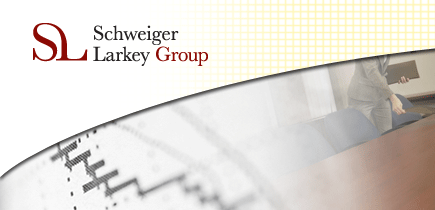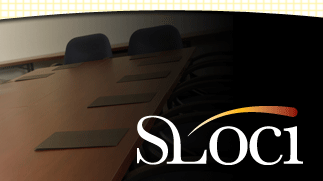 |
Reliability refers to the consistency of test scores, that is, the extent to which a test measures an attribute without random fluctuations that produce inconsistencies over time, across items, or over different forms. The SLOCI© has 130 items that are used to construct the fifteen scales. The reliability coefficients (Cronbach's statistic and split-half reliability estimate) currently comprising the fifteen scales are in the high range (Range = .72 to .91). Test-retest analyses are ongoing.
Validity refers to whether the assessment measures what it claims to measure. There are several different validity measures. Face validity is the perceived accuracy of a test. The SLOCI© has demonstrated strong face validity over the twenty years of organizational research in business, educational, industrial and community settings. Criterion validity is based on how well a test, assessment, or inventory predicts a particular outcome (criterion). The SLOCI© has demonstrated concurrent validity for outcome measures in published applied research studies. |
 |




